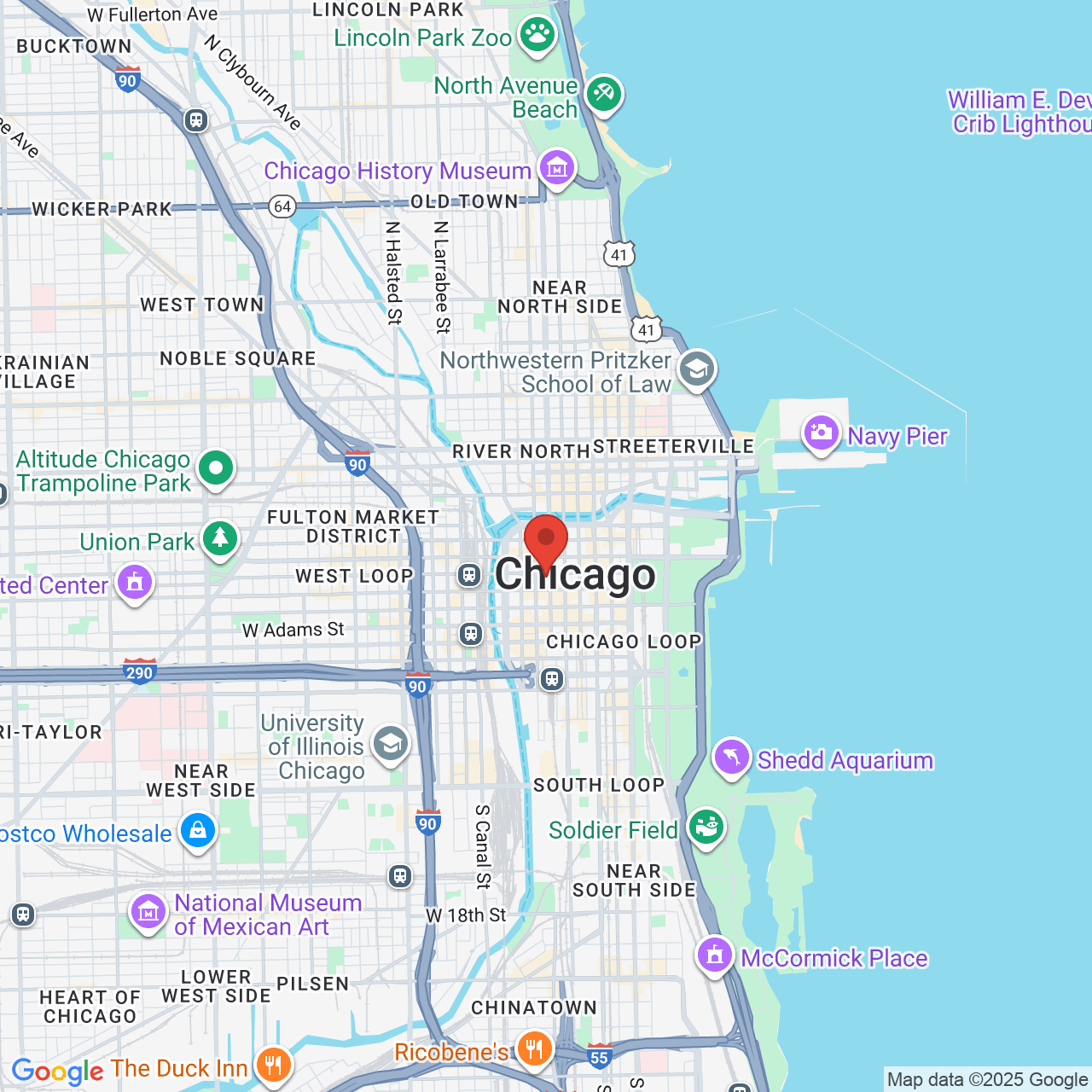A Nursing Home Abuse Attorney Can Protect Elders
One of the most difficult decisions a family can make is choosing to place their loved one in a nursing home or assisted living facility. When a family decides that doing so is in the best interest of their parent, grandparent or other family member, the family trusts that the facility and staff will be compassionate, professional, and offer the very best in daily care. Unfortunately, the care provided at many nursing homes is not up to the best standards, and may even involve neglect and abuse. If you or a loved one has suffered as a result of inadequate or injurious care, a nursing home abuse attorney at our Chicago, IL, firm will investigate and hold the facility and responsible parties accountable.
Nursing Home Abuse Has Become an Epidemic
Each year an estimated 2.1 million seniors in nursing homes are victims of various forms of neglect and abuse. Sadly, it is estimated that there may be as many as five times as many cases of abuse that remain unreported. While physical abuse is the most prevalent and noticeable offense, elders may also suffer financial exploitation, emotional abuse, sexual abuse, and neglect. The causes of mistreatment are myriad:
- understaffed facilities
- overworked caregivers who become exceptionally stressed and agitated
- caregivers struggling with personal issues including drug addiction, financial problems, psychological disorders, etc.
Regardless of the causes, nursing home abuse is inexcusable. The attorneys at Rubin & Machado, Ltd. can provide aggressive, expert representation to help you and your family collect the proper compensation for wrongdoing, and ensure that all negligent individuals involved are held accountable.
Types of Nursing Home Abuse
 When elders suffer nursing home abuse, it may not always be apparent to a family member. Some types of abuse, along indications that abuse may be occurring, include:
When elders suffer nursing home abuse, it may not always be apparent to a family member. Some types of abuse, along indications that abuse may be occurring, include:
Physical Abuse: Patients may exhibit broken bones, unexplained lacerations, contusions, and torn or bloodstained clothing.
Emotional Abuse: Emotional distress can wreak havoc on your loved one's health. Oftentimes a victim of emotional abuse will exhibit signs of stress, but the cause may be difficult to pinpoint. Patients who are intimidated, ignored, mocked, isolated, humiliated, or degraded are all victims of emotional abuse.
Neglect: When neglect occurs at a nursing home, elders often exhibit poor hygiene, blisters, abrasions, inexplicable weight loss, signs of malnourishment, soiled bedding, consistent thirst, and extremely dry skin. Neglect often occurs during follow-up care and can lead to residents living in unsanitary, hazardous, and unsafe conditions.
Financial Exploitation: Theft, forged signatures, identity theft, misuse of an elder's checks or credit cards, and other forms of financial exploitation are the most common types of non-physical nursing home abuse.
Sexual Abuse: Common signs associated with sexual abuse include bloodstained undergarments, bruises around the breasts and genital region, and venereal disease.
Recognizing Behavioral Changes
It is common for elders to withdraw, become distant, and choose to withhold information about neglect and abuse after it occurs. Typically, your loved one will display a series of behavioral changes that may include:
- Extreme anxiety
- Unusual depression
- Fear of being alone
- Sudden personality changes
- Frequent crying
- Changes in alertness
Contact Us Today
If you believe that your loved one has been mistreated, neglected, or abused by the staff of an assisted-living facility, please contact our office today. Nursing home abuse is a reprehensible crime and an extreme breach of trust by caregivers to whom who have entrusted your family member. At Rubin & Machado, we are committed to bringing negligent or abusive parties to justice, and we will provide aggressive representation to seek fair compensation for malpractice.
